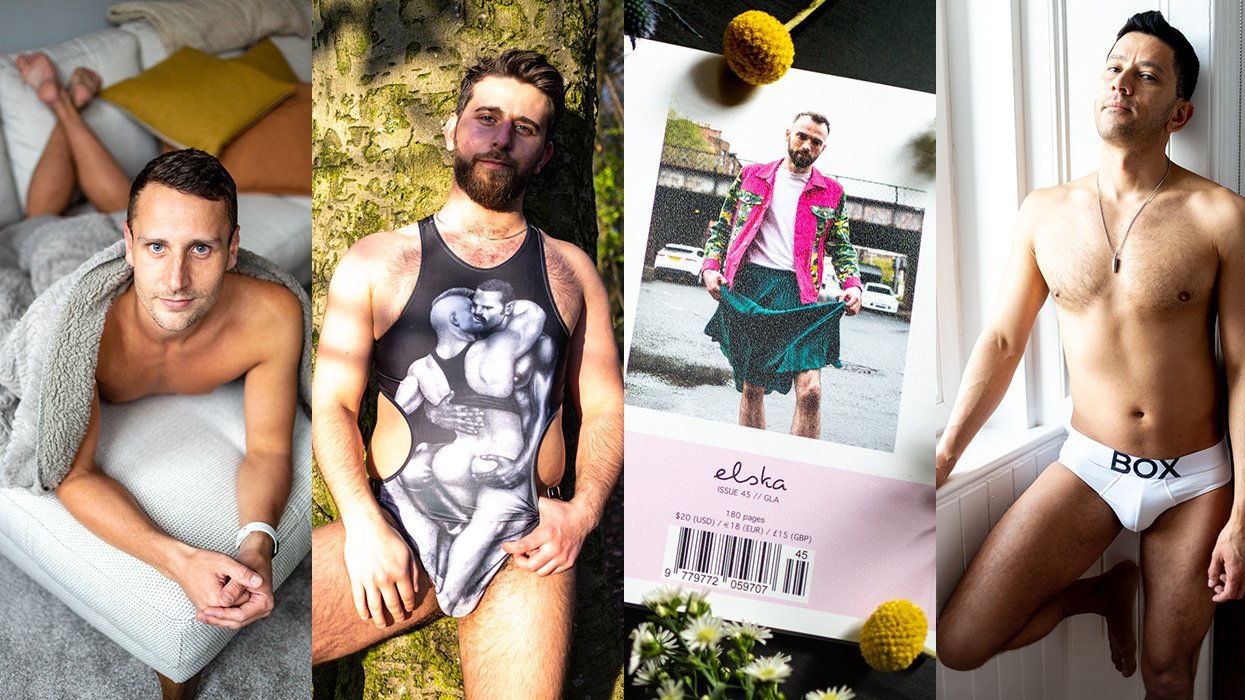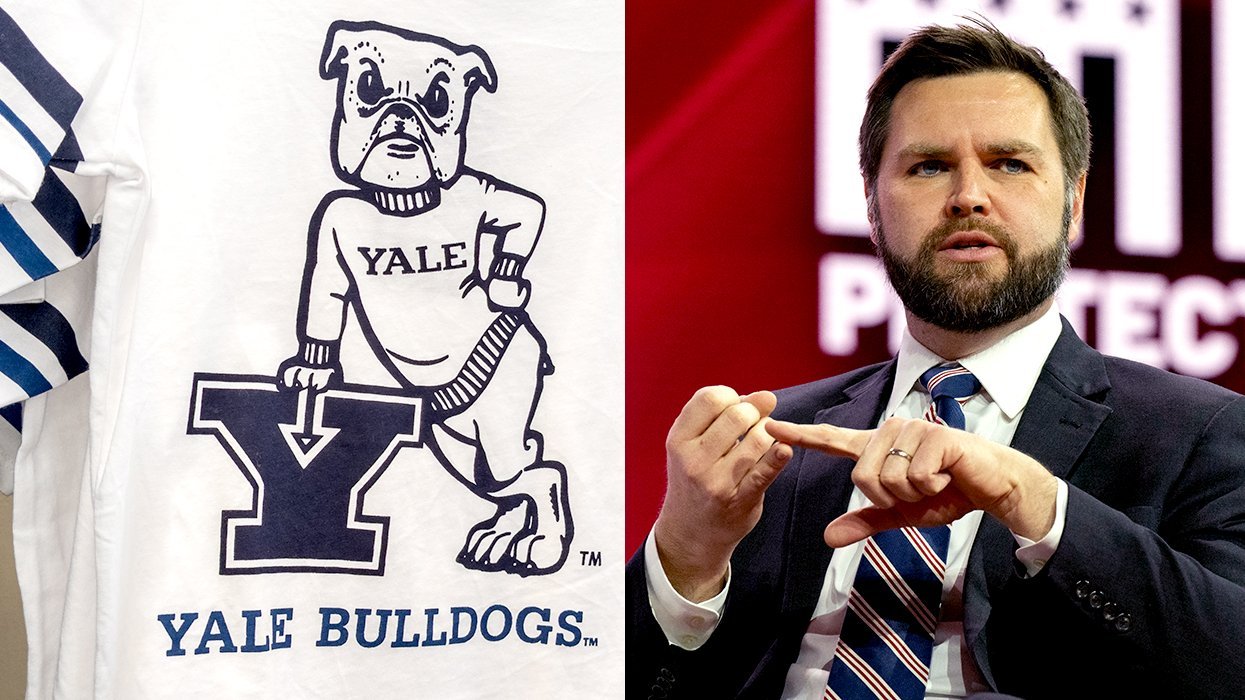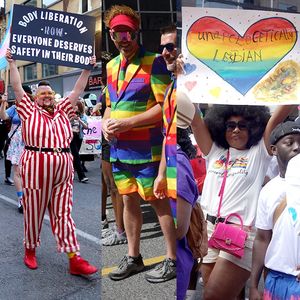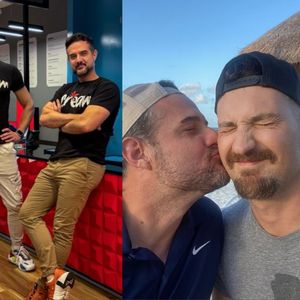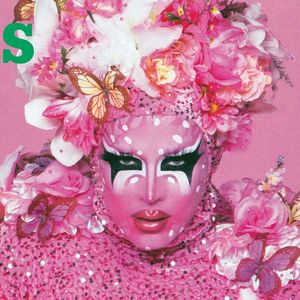CONTACTStaffCAREER OPPORTUNITIESADVERTISE WITH USPRIVACY POLICYPRIVACY PREFERENCESTERMS OF USELEGAL NOTICE
© 2024 Pride Publishing Inc.
All Rights reserved
All Rights reserved
By continuing to use our site, you agree to our Private Policy and Terms of Use.
Pat Shelton has been infected with HIV for at least 15 years and also struggles with hepatitis C and high blood pressure. But what is bothering her most on this sultry summer day are hot flashes.
"I've gone through hell with my menopause," said Shelton, an elegant woman who recently swapped her dreadlocks for a close-cropped look while trying to stay cool. "It's kicking me. But HIV, I've been very blessed. I don't know why."
The 53-year-old Shelton, whose drug regimen has kept her HIV from developing into AIDS, in many ways represents the changing face of the HIV population in New York and around the country: They are getting older and presenting new challenges to health care providers.
In New York City, the epicenter of AIDS in the United States, 30% of the 100,000 people with HIV are over 50, and 70% are over 40, according to the city health department. Nationwide, 27% of people with AIDS are now over 50, the Centers for Disease Control reported.
"Here is a group of people who, yes, they have HIV, but they're going to get other illnesses," said Stephen Karpiak, the associate director of research for the AIDS Community Research Initiative of America. "And we don't know the interaction of all the drugs. There are God knows how many hundreds of drugs used by folks for cardiac issues, osteoporosis, arthritis--we don't know those interactions at all.
"No one's ever looked at them," he continues. "Someone needs to do trials."
Karpiak's agency conducted a study, released this week, that examined the many challenges faced by HIV-positive people.
The AIDS service organizations that arose after the epidemic hit in the 1980s were designed to provide care and counseling to people facing shortened life spans. While there's still no cure for HIV, antiretroviral drugs have made it a manageable illness for many patients and prolonged their lives beyond what once seemed possible.
As this group ages, they fall prey to a host of conditions that require medicines that may interfere with the effectiveness of anti-HIV drugs.
And that's if the condition gets diagnosed at all. HIV patients typically see infectious disease specialists who may not have their antennae out for unrelated diseases, Karpiak said. They don't look for age-related problems, he said, adding, "That is not their profession."
Conversely, doctors unfamiliar with HIV may not suspect that older patients have the disease.
Because HIV arose in the United States among gay men, a stigmatized group, it remains more ostracized than other diseases. Fearing rejection, HIV-positive people often isolate themselves. Isolation becomes more of a problem with age, said Karpiak, who noted that 70% of the people in the study live alone.
"This is an isolated, stigmatized group of people who have been largely neglected by their churches, by their communities," he said. "Half have not told their families. And as you age, you need those people for emotional and everyday support."
Without friends and family, Karpiak said, older people with HIV turn to home health aides. That creates the potential of overburdening the system as the number of HIV-positive people over 50 continues to rise.
Marjorie Hill of Gay Men's Health Crisis, one of the nation's largest AIDS service organizations, said 33% of the agency's 15,000 clients are over 50--up from 25% two or three years ago.
Among the organization's tailored services are meals and exercise classes better suited for older clients.
In addition, Hill said, a public service campaign featuring older people--unlike the subway and magazine ads that typically show images of handsome young men--is in the works.
"We are actively fund-raising to develop a campaign targeting persons over 50 with prevention and education," she said.
Shelton, a former drug user who tested positive for HIV in 1991, has been an AIDS peer educator since 1998. She is trained to give support but gets support herself at Copacetic Women, a group for women with HIV over 50.
"I really don't feel too comfortable sitting in a group with people my children's age," she said. "They're not really going to open up or listen to what I really have to say. We have concerns and health problems that the doctors are not taking care of. We needed a safe haven." (AP)
Want more breaking equality news & trending entertainment stories?
Check out our NEW 24/7 streaming service: the Advocate Channel!
Download the Advocate Channel App for your mobile phone and your favorite streaming device!
From our Sponsors
Most Popular
Meet all 37 of the queer women in this season's WNBA
April 17 2024 11:24 AM
Here are the 15 gayest travel destinations in the world: report
March 26 2024 9:23 AM
21+ steamy photos of Scotland’s finest gay men in Elska Glasgow
February 01 2024 10:07 PM
More Than 50 of Our Favorite LGBTQ+ Moms
May 12 2024 11:44 AM
Conjoined twins Lori Schappell and trans man George Schappell dead at 62
April 27 2024 6:13 PM
Latest Stories
Two media insiders are forming a collective advocating for the community
July 19 2024 8:00 PM
Out Rep. Mark Pocan, other Dems join call for Biden to drop out
July 19 2024 7:36 PM
George Santos to gays at the RNC: 'Just come out of the closet boys'
July 19 2024 12:31 PM
Chino Valley school district sues California over new law banning forced outing
July 18 2024 6:52 PM
Federal appeals court upholds Tennessee drag ban
July 18 2024 5:41 PM
While the Lord Almighty speaks to Biden, it’s time to prepare for Harris
July 18 2024 3:22 PM
Yemi Alade, Billy Porter and Omawumi to headline Global Black Pride 2024 in Atlanta
July 18 2024 2:57 PM
Ruby Corado, founder of LGBTQ+ nonprofit Casa Ruby, pleads guilty to wire fraud
July 18 2024 10:23 AM
Watch: GLAAD national ad features terrifying potential future under Project 2025
July 18 2024 9:00 AM
Trending stories
Most Recent
Recommended Stories for You











